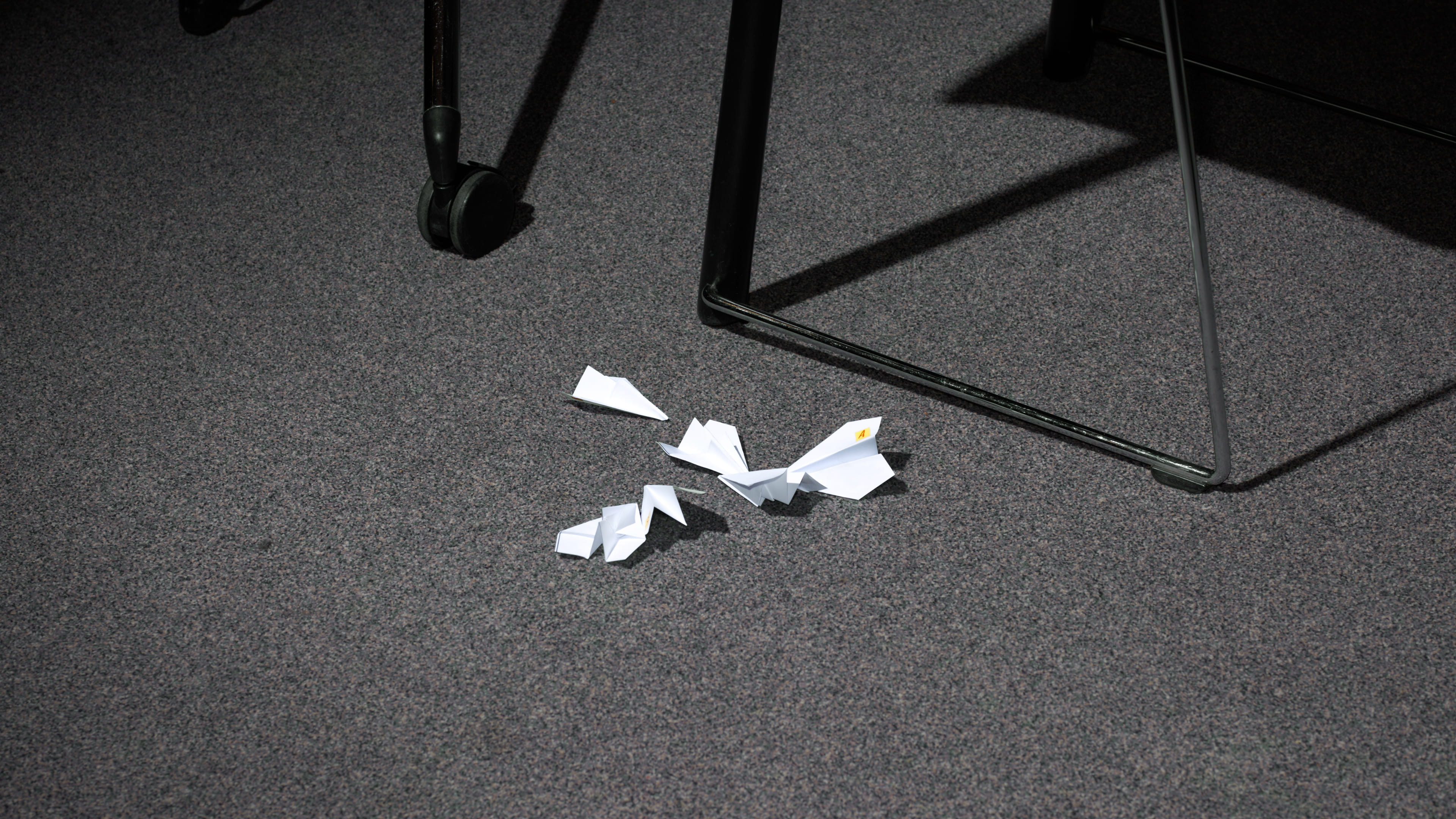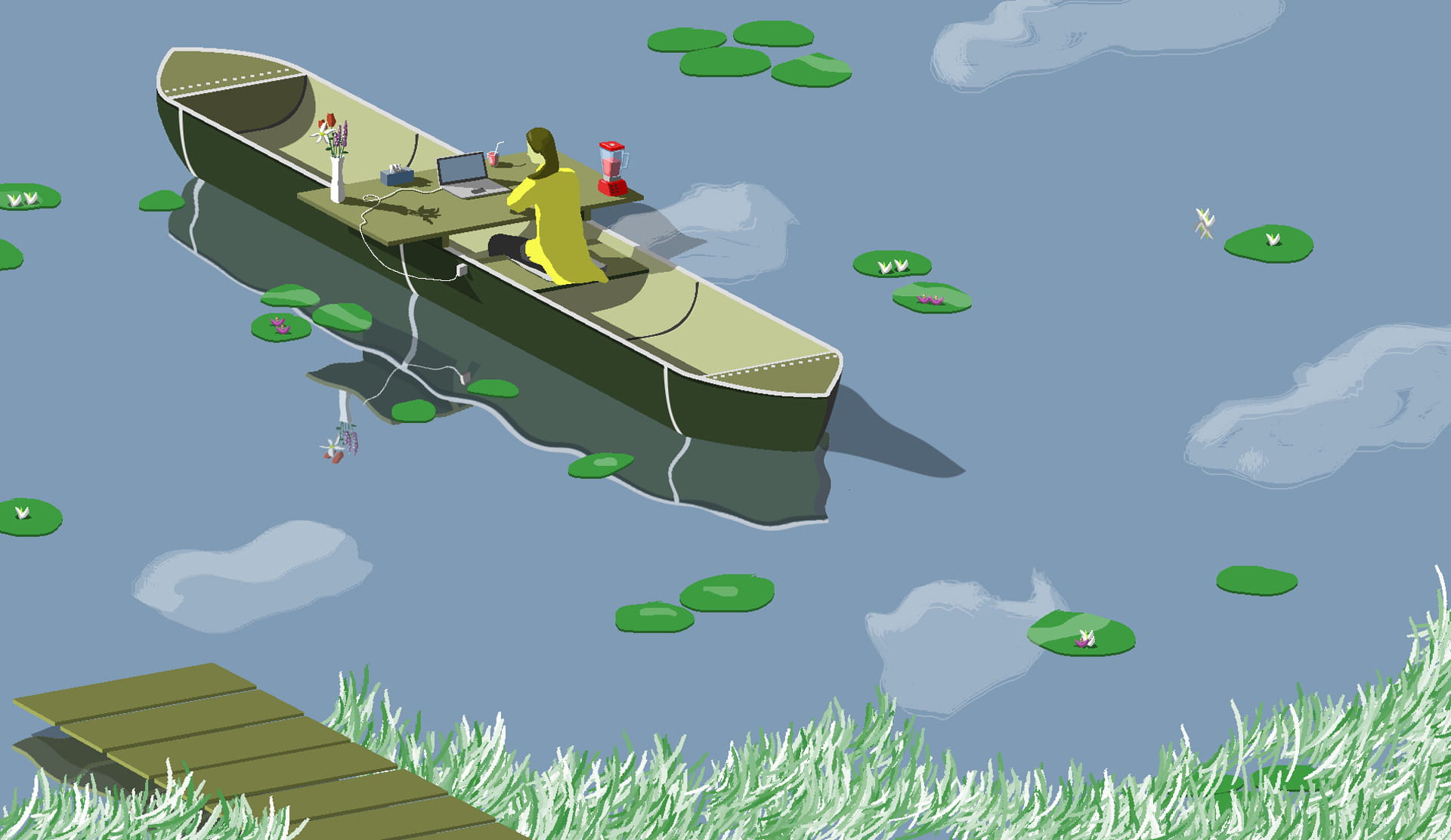It feels strange to write about happiness at a time like this. But if there’s one thing that’s certain about the world we’ve built, it is this: no matter how deep the despair right now, we will continue to believe that, ultimately, we deserve happiness as a right.
So entrenched is this belief that despite the impossibly fragile (and subjective) nature of happiness, we now have an entire report, released today, that judges countries by how happy their people are.
We weren’t always this obsessed with happiness. Up until the 18th century, suffering and hardship were taken as the norm. You might even have said we deserved no better. The philosopher Thomas Hobbes believed that humans were innately selfish and incapable of caring about the greater good. His antidote: imposing a “social contract” on humans. Hobbes believed that in the absence of society, life would be “solitary, poor, nasty, brutish, and short”.
But things changed. From being the hard-earned outcome of a virtuous life, happiness became something anyone could shop for. A home with a garden. Some fine china. The American Dream.
On Tuesday night, as people in the Netherlands came out to their balconies and cheered for the country’s medical workers for a full three minutes, I said a silent thanks to Hobbes. What would our comfortable homes (which we are beginning to appreciate anew these past couple of weeks) be worth if we didn’t have this sense of society – mean, oppressive society but also magical, loveable society?


The best of The Correspondent on happiness
 How we turned into batteries (and the economy forces us to recharge)
Energy has become modern society’s holy grail, but what if we don’t want to spend our limited time on Earth constantly recharging and draining ourselves? In an age of punishing pressure to be productive, saying no is the opposite of negative.
How we turned into batteries (and the economy forces us to recharge)
Energy has become modern society’s holy grail, but what if we don’t want to spend our limited time on Earth constantly recharging and draining ourselves? In an age of punishing pressure to be productive, saying no is the opposite of negative.
 The modern workplace is toxic. We need to overhaul how we think about mental health at work
Stress and excessively long working hours contribute to the deaths of approximately 2.8 million workers every year. We urgently need to rethink mental health in the workplace. Here are four ways to start.
The modern workplace is toxic. We need to overhaul how we think about mental health at work
Stress and excessively long working hours contribute to the deaths of approximately 2.8 million workers every year. We urgently need to rethink mental health in the workplace. Here are four ways to start.
 First, eat the live frog (and two other good habits to start your day)
Have years gone by while you put off writing that novel? Or would you like, for once, to begin a paper on time? Maybe you’d rather paint? Or make a documentary? Or finally get around to starting your own business?
First, eat the live frog (and two other good habits to start your day)
Have years gone by while you put off writing that novel? Or would you like, for once, to begin a paper on time? Maybe you’d rather paint? Or make a documentary? Or finally get around to starting your own business?


